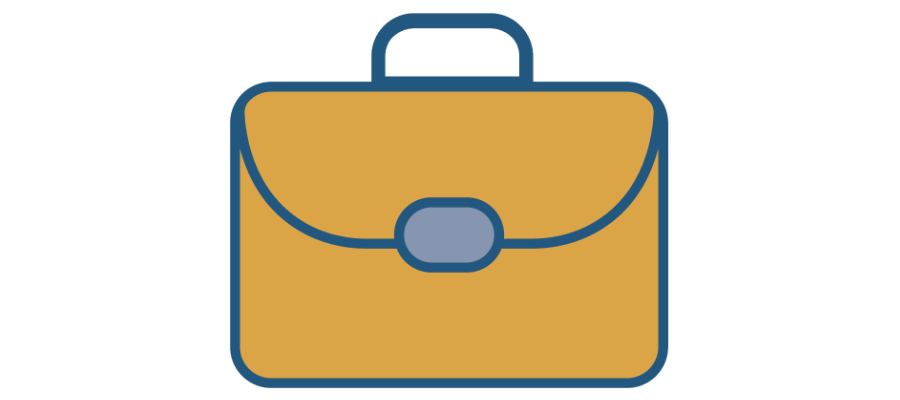
Professional portfolios
In this section we explore how the professional portfolio works with the Framework.
A professional portfolio is a tool for generating, recording, reflecting on and sharing evidence of learning and continuing personal development (CPD). All healthcare professionals need to provide evidence of their level of practice for example to an employer to support appraisal or to a professional organisation to support revalidation.
We recommend using the portfolio alongside the Framework to help you gather and share your evidence, record discussions, and receive feedback.
The NHS Education for Scotland (NES) Professional Portfolio is available free to nurses, midwives, allied health professions, and support workers in Scotland, including those in NHS, social care, voluntary, and independent sectors.
You can find out more about the professional portfolios by following the links below.
- Nursing and Midwifery
Professional Portfolio (Nursing and Midwifery) | NHS Education f (scot.nhs.uk) - AHP
AHP professional portfolio | NHS Education for Scotland - Support Workers
Professional portfolio | Turas | Learn (nhs.scot)
How can Professional Portfolios support me when using the framework?
Using a professional portfolio is essential when applying the Framework, as it helps you collate and share evidence of your practice. The Framework includes self-assessment tools to evaluate your learning and development needs, and these tools require evidence to demonstrate that you have the knowledge and skills needed to meet the competency statements.
Types of evidence might include:
- Reflections
- Training completed
- Supervised practice
- Feedback
A portfolio allows you to organise the evidence you already have and link it easily to the self-assessment. This reduces duplication of effort and makes it easier to share with others, such as your manager, to support appraisal discussions.
The structured forms in the portfolio are designed to help you plan, track and evidence your learning and development.
For example:
- Record of learning: Track learning or personal development activities such as academic programs, work-based training, or mandatory courses.
- Reflective forms: Document reflections on patient interactions, feedback from peers or supervisors, and learning in practice.
- Case-based discussion forms: Write up cases discussed with your supervisor or colleagues.
- Mini-CEX feedback forms: Record clinical examination assessments.
- Direct Observation of Procedural Skills (DOPS): Forms to confirm proficiency in new procedures.
- Generic feedback forms: Request tailored feedback from others.
- Upload section: Store documents like certificates, articles, and competency records as evidence.
- Share Pack: Share evidence items easily via a web link.
New to using a Professional Portfolio?
A professional portfolio helps you record evidence of your learning throughout your career. You can include experiences gained in the workplace or from life experiences.
It's easy to use, and your information is kept safe and confidential.
This Portfolio How-to Guide will help you to get started.
To learn more about the benefits of using a professional portfolio, watch this short animation:
RPL Portfolio Animation

